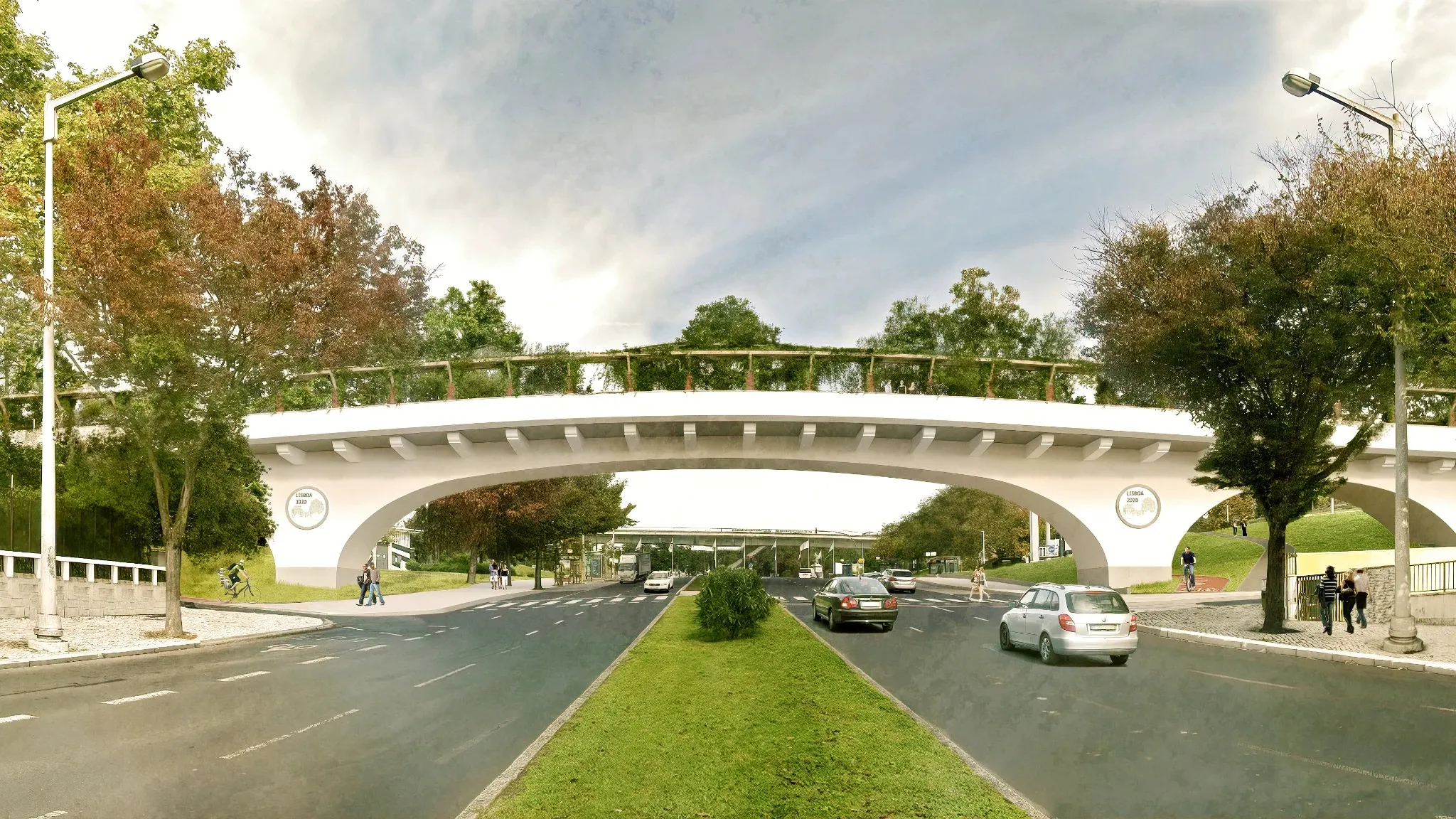Birmingham City Council has unveiled its Birmingham Mobility Action Plan (BMAP), a twenty-five year vision for improving transport in the congested UK city, which planners estimate will have an extra 80,000 cars on its road by 2031, bringing the network to a grinding halt.
November 7, 2013
Read time: 2 mins
Birmingham City Council has unveiled its Birmingham Mobility Action Plan (BMAP), a twenty-five year vision for improving transport in the congested UK city, which planners estimate will have an extra 80,000 cars on its road by 2031, bringing the network to a grinding halt.
Presenting a draft version of the BMAP consultation document, Birmingham City Council leader Sir Albert Bore outlined the plan which includes a 200-mile network of eleven Sprint rapid-transit lines, a hybrid between a bus and tram service, as the centrepiece. BMAP also includes a new London tube-style map to help visitors and commuters around the network of buses, trams and trains to give Birmingham a genuine integrated transport network. A more integrated Oyster Card style fare system will also simplify payment for public transport in future.
He said: “This is a transport plan, not for tomorrow but for over the next 25 years. We need an integrated transport system in Birmingham which we all need to agree on. This is why we are putting out this consultation document. Once this plan is agreed across the businesses and residents of Birmingham then we need to put in place funding programmes that will allow us to implement the plan over the coming years.
“This is precisely what countries such as France and Germany have done over the last 20 years, and which is why their transport infrastructure is so much better than ours. We need to do better in Birmingham and this plan will allow us to deliver a transport system comparable to other cities in Europe.”
Presenting a draft version of the BMAP consultation document, Birmingham City Council leader Sir Albert Bore outlined the plan which includes a 200-mile network of eleven Sprint rapid-transit lines, a hybrid between a bus and tram service, as the centrepiece. BMAP also includes a new London tube-style map to help visitors and commuters around the network of buses, trams and trains to give Birmingham a genuine integrated transport network. A more integrated Oyster Card style fare system will also simplify payment for public transport in future.
He said: “This is a transport plan, not for tomorrow but for over the next 25 years. We need an integrated transport system in Birmingham which we all need to agree on. This is why we are putting out this consultation document. Once this plan is agreed across the businesses and residents of Birmingham then we need to put in place funding programmes that will allow us to implement the plan over the coming years.
“This is precisely what countries such as France and Germany have done over the last 20 years, and which is why their transport infrastructure is so much better than ours. We need to do better in Birmingham and this plan will allow us to deliver a transport system comparable to other cities in Europe.”









